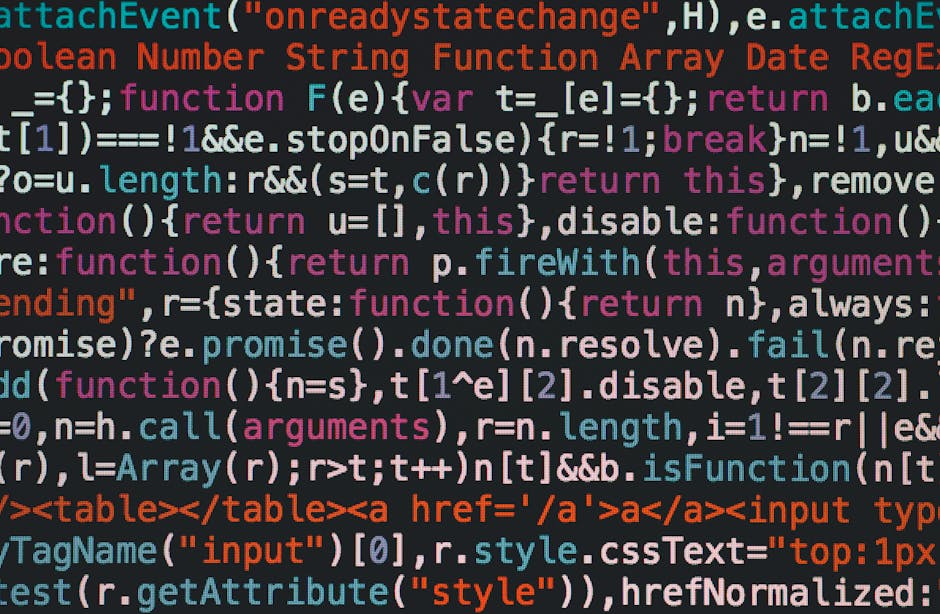Are you feeling like your money disappears as soon as it hits your bank account? Do you dream of financial freedom but feel stuck in a cycle of spending? You’re not alone. Many individuals struggle with managing their money effectively. Fortunately, there’s a path to financial wellness, and it starts with intentionality and practical strategies. Rachel Cruze, a renowned personal finance expert, offers invaluable guidance on how to curb unnecessary spending and accelerate your journey to wealth.
Understanding the Foundation: Why We Waste Money
Before diving into specific actions, it’s crucial to understand why we often waste money. It’s not always about a lack of income; it’s often about a lack of awareness and mindful spending habits. Impulse purchases, subscriptions we don’t use, and eating out frequently can quickly drain your finances without you even realizing it. The key is to become conscious of these habits and actively work to change them.
16 Strategies to Transform Your Finances
Rachel Cruze provides a comprehensive roadmap to financial stability through 16 powerful strategies. Let’s explore each one, and discover how you can begin implementing them today.
1. Identify Your Spending Tendencies
The first step to changing any habit is to understand it. Track your spending patterns for a month. Use a notebook, spreadsheet, or budgeting app to meticulously record where your money goes. Pay attention to patterns and triggers for impulse purchases. Recognizing these patterns is crucial for breaking the cycle.
2. Create a Budget
A budget is your financial blueprint. It’s a written plan that allocates your income to different categories, including essentials, savings, and discretionary spending. Cruze advocates for the “Four Walls” approach: Prioritize food, shelter, utilities, and transportation. These are your non-negotiable expenses.
3. Set Money Goals
Financial goals provide direction and motivation. Define both short-term (e.g., paying off a small debt) and long-term (e.g., buying a home, retirement) goals. Having clear objectives will make it easier to prioritize spending and saving.
4. Commit to a No-Spend Month
A “no-spend month” is a powerful reset button for your finances. Dedicate a month to spending only on absolute essentials. This means avoiding all non-essential purchases, streaming services, and online shopping. It’s an eye-opening experience that highlights areas where you can cut back.
5. Plan Your Meals and Cook at Home
Dining out is a significant drain on finances. Meal planning and cooking at home not only save money but also encourage healthier eating habits. Cruze suggests a “no dining out” challenge to quantify potential savings. You’re likely to be surprised at how much you spend!
6. Cancel Unused Subscriptions
We often subscribe to services we rarely use. Regularly review and eliminate subscriptions or memberships, including streaming services and gym memberships. Those monthly fees add up quickly!
7. Use Cash Instead of Cards
Using cash for daily expenses can increase awareness of spending. Physically handing over money creates a more tangible connection to your spending, making you more mindful of your choices. It’s much easier to overspend when swiping a card.
8. Avoid Credit Cards
Credit cards can be a slippery slope to debt. Eliminate or minimize credit card use to prevent accumulating debt and encourage responsible money management. Relying solely on cash or debit cards promotes a more conscious approach to spending.
9. Buy Essentials in Bulk
Purchase non-perishable items like paper goods and toiletries in bulk to save on unit costs and reduce frequent shopping trips. Just make sure you have the storage space and will actually use the items before they expire.
10. Bring Your Own Lunch to Work
Packing lunch instead of buying it daily can lead to significant monthly savings. It’s a simple change with a big impact on your financial well-being.
11. Buy Produce in Season
Opt for fruits and vegetables that are in season to benefit from lower prices and better quality. Seasonal produce is abundant, resulting in lower costs and improved taste.
12. Adjust Your Thermostat
Save on utility bills by moderating your home’s heating and cooling when not needed. Even small adjustments can make a difference over time.
13. Declutter Your Budget
Remove unnecessary or low-value expenses from your budget, focusing only on what truly adds value to your life. This is about prioritizing what truly matters to you.
14. Write Down Your Budget
Use paper or a budgeting app to physically record income and expenses, increasing accountability and clarity. The act of writing things down makes them more real and reinforces your commitment.
15. Take Breaks from Online Shopping
Step away from devices or engage in alternative activities when tempted to shop impulsively online. Impulse buying is a major budget killer.
16. Reassess and Adjust Regularly
Periodically review your budget and financial habits, making adjustments as circumstances or goals change. Your budget is not set in stone; it should evolve with you.
Beyond Strategies: A Shift in Mindset
Implementing these strategies is just one part of the equation. A crucial element is adopting the right mindset. Cruze emphasizes the importance of intentionality in every financial decision, advocating for a mindset that values long-term security over short-term gratification.
It’s easy to get caught up in comparing yourself to others, but that’s a recipe for unhappiness and financial strain. Focus on your own financial journey and celebrate your progress toward your goals. Remember, building wealth is not about deprivation; it’s about making conscious choices that align with personal values and future aspirations.
The Path to Wellness
By implementing these 16 strategies and adopting a mindful approach to money, you can break free from wasteful spending habits, reduce debt, and steadily build wealth. It’s a journey that requires commitment and discipline, but the rewards – financial freedom, peace of mind, and the ability to pursue your dreams – are well worth the effort. Start small, stay consistent, and watch your financial future transform.




Leave a Reply
You must be logged in to post a comment.